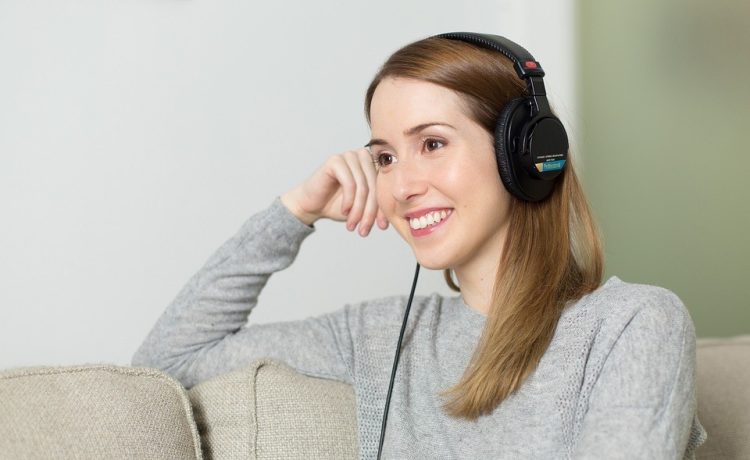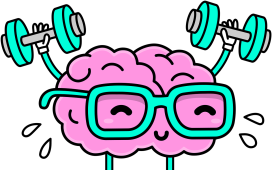Learn the effective role of music therapy in communication skills and how it enables individuals to express their feelings and ideas through music.
Introduction:
Music is called a language of the universe. It is the language of spirit that opens the secrets of life bringing peace and ending stress. Music is the medicine of the mind. The true beauty of music is that it connects people. Music therapy plays an influential role in developing communication
skills, mostly for people facing challenges in verbal expression and social interactions. Music therapy can heal communication skills, developmental syndromes, speech deficiencies, and
emotional breakdowns.
Uncover with us the role of music therapy in communication skills:
1. Improving Non-Verbal Communication
•Rhythm and Movement: Music therapy enhances communication skills by using rhythm and movement to express emotions and ideas. It is beneficial for individuals with limited verbal
skills.
- Facial Expression and Signs: Music beats can stimulate body language and help non–verbal individuals express their feelings by using facial expressions, gestures, and signs.
2. Improving Verbal Communication

•Singing: Music therapy is also very significant in verbal communication. It helps children with speech delays or people dealing with aphasia and stuttering. Singing can enhance verbal
communication as it strengthens speech patterns, improves pronunciation, and allows people to practice words and sounds in a fun environment.
- Repeating Song Lyrics: The repetition of lyrics in songs can support learning of language and boost memory. It helps individuals to improve their vocabulary and fluency.
3. Building Social Skills
- Group Communication: Music therapy often involves group settings, where individuals work and cooperate with one another in music-making activities, such as playing instruments, singing together, or joining and interacting in improvisational exercises. This improves social interaction, cooperation, and turn-taking, key components of effective communication skills and talents.
•Shared Experience: Engaging in musical activities can create a shared emotional experience, helping individuals bond and communicate more effectively.
- Emotional Expression and Regulation
•Emotional Release: Music therapy provides the person with many opportunities for representation and is an outlet for emotional expression, allowing individuals to communicate complex feelings that may be difficult to express through words alone. This can be particularly useful for individuals with anxiety, trauma, or autism, who may struggle with emotional regulation and verbal expression.
•Mood Regulation: Through specific music interventions, therapists can help individuals manage emotions like frustration, anger, or sadness, promoting more effective communication by reducing emotional barriers.
5. Facilitating Communication in Specific Populations
- Autism Spectrum Disorder (ASD): Many individuals with autism find it easier to communicate through music due to its structured and predictable nature.
•Aphasia: For individuals with aphasia (a language disorder often resulting from a stroke or brain injury), music therapy, especially singing, can sometimes bypass damaged speech areas of the brain, allowing for improved verbal expression and comprehension.
6. Developing Listening Skills

- Active Listening: Music therapy makes a positive outcome on listening skills by training individuals to identify and respond to different sounds, rhythms, and patterns. This can translate into better conversational listening, where the person becomes more attentive and responsive during a conservation or interaction.
7. Encouraging Self-Expression
- Creative Expression: Music provides a medium for self-expression when words are insufficient. Whether through improvisation or composing music
Conclusion
Music therapy is one of the best ways to increase your communication skills, expressing verbal, non-verbal, cognitive and social aspects of interaction. By interacting with this type of therapy many individuals are better trained to express and represent themselves, understand others, and
build trustworthy and meaningful connections. Whether for individuals with developmental disorders, neurological conditions, or emotional challenges, music therapy is the perfect and creative tool to enhance communication skills, express ideas and thoughts, and be able to represent yourself without any fear.
Faqs
Q) Can individuals with autism benefit from this type of therapy?
a) Yes, it’s quite effective in improving communication and thoughts for individuals with autism,
Q) How often should the therapy be conducted?
It depends on the person’s aim and goals or if they have a disorder. On average 1 to 2 times a week is enough.







